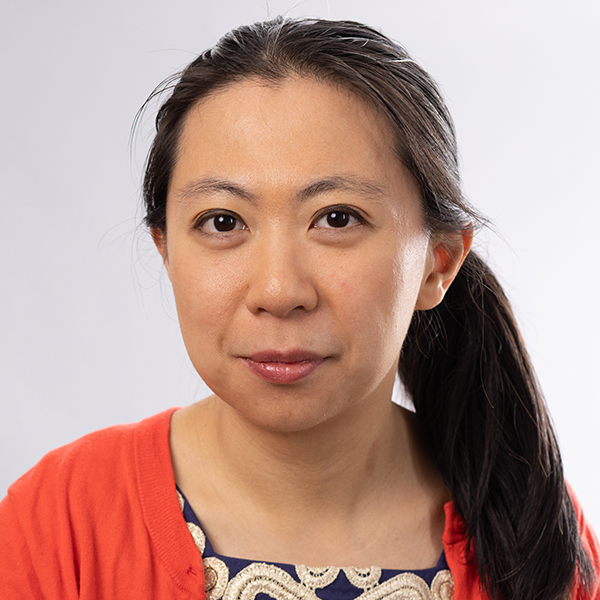full-time faculty teaching and conducting research in political science
of Maxwell faculty conduct research focused outside of the U.S.
graduate students in residence; fewer than 12 admitted each year
Undergraduate Studies
Graduate Studies

I am Maxwell.
Civic engagement is a core value for me. I have always aspired to help the communities I’m from.” Mazaher Kaila, a Maxwell alumna and third-year student at Syracuse University's College of Law, moved with her family from Sudan to Central New York when she was four years old. “I realized that to make meaningful change in society, I needed to understand the systems that power it—government and politics—and that’s insight I would gain by studying political science.”
Mazaher Kaila ’19, L’22
political science, law
McDowell Comments on the Use of China’s Renminbi as a Global Currency in The Wire China
May 2, 2023
The Wire China
The Chinese renminbi is unlikely to supplant the dollar any time soon, but authorities in China are still interested in chipping away at its lead—particularly if it can help provide a buffer against the threat of American sanctions, both for China and its allies like Russia.
The Chinese government’s efforts to reduce its dollar dependence aren’t new. Policymakers at the People’s Bank of China, the country’s central bank, began exploring the strategy in the 2000s, intensifying their efforts after the 2008 global financial crisis.
“China had economic motives to de-dollarize that predate sanction concerns,” says Daniel McDowell, associate professor of political science. “When the U.S. economy had a financial crisis, China ended up getting hurt. China figured, we should probably promote our own currency now.”
Read more in The Wire China article, “The Renminbi’s New Role: Sanctions Busting.”
Related News
Commentary

Jul 29, 2024
Research

Jul 24, 2024
BaoBao Zhang Joins First Cohort of AI2050 Early Career Fellows
One of only 15 scholars chosen from across the U.S., Zhang will receive up to $200,000 in research funding over the next two years. Zhang will use the funding to partner with the nonprofit, non-partisan Center for New Democratic Processes to test whether public participation in AI governance is increased through the creation of public assemblies, known as “deliberative democracy workshops.”
Baobao Zhang
Assistant Professor, Political Science Department

McDowell Comments on the Use of China’s Renminbi as a Global Currency in The Wire China
May 2, 2023
The Wire China
The Chinese renminbi is unlikely to supplant the dollar any time soon, but authorities in China are still interested in chipping away at its lead—particularly if it can help provide a buffer against the threat of American sanctions, both for China and its allies like Russia.
The Chinese government’s efforts to reduce its dollar dependence aren’t new. Policymakers at the People’s Bank of China, the country’s central bank, began exploring the strategy in the 2000s, intensifying their efforts after the 2008 global financial crisis.
“China had economic motives to de-dollarize that predate sanction concerns,” says Daniel McDowell, associate professor of political science. “When the U.S. economy had a financial crisis, China ended up getting hurt. China figured, we should probably promote our own currency now.”
Read more in The Wire China article, “The Renminbi’s New Role: Sanctions Busting.”
Related News
Commentary

Jul 29, 2024
Research

Jul 24, 2024

